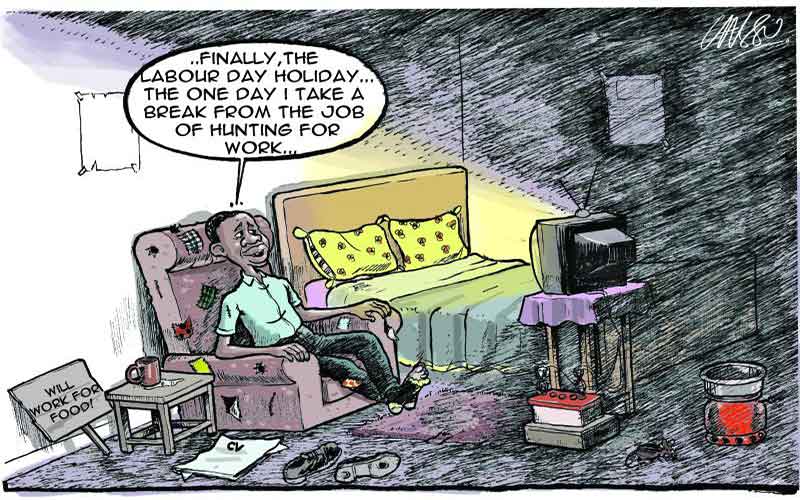×
The Standard e-Paper
Stay Informed, Even Offline

The world over, employees are a critical factor of production and a key catalyst to the growth of national economies and private enterprise. The importance of addressing their concerns and needs cannot be overemphasised. To safeguard their welfare, it is critical to consider factors such as a safe working environment, good working conditions, healthcare, favourable wages and their general rights as stipulated in countries’ labour laws and international conventions on workers’ rights.